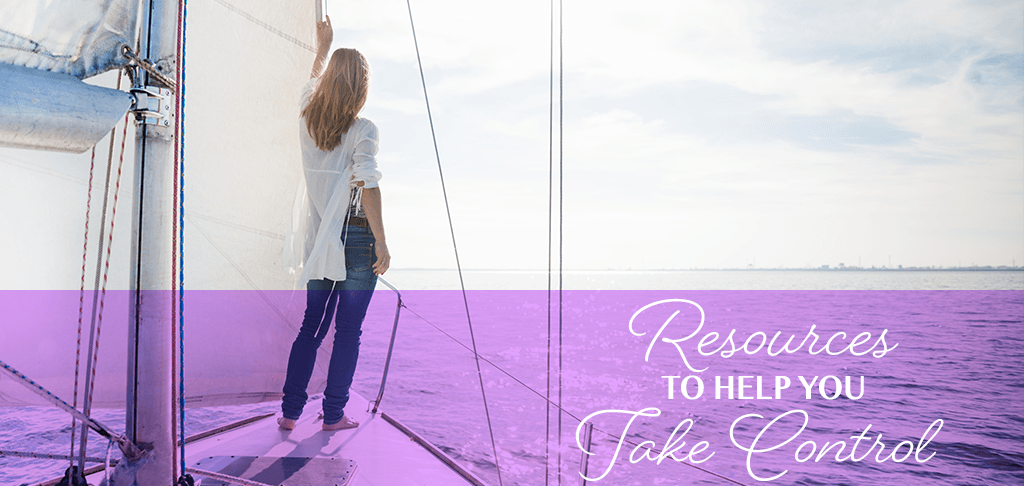Thank you for your support of my personal and professional goals. Being a therapist with a disability isn’t easy, but having wonderful clients and colleagues makes all the effort so rewarding.
Spring is an exciting time of growth as we see trees and flowers explode with beauty. Yet, it may be hard to find beauty or purpose after receiving a new diagnosis or acquiring a new physical disability.
I encourage others to look at this time of year as a way to reflect on their personal health and wellness goals. Is this a good time to start a walking routine, or do you or someone you know need help organizing the many therapy and doctor appointments that come with a new disability or chronic condition?
I am excited to announce the newest service for those with a disability at Overcomers Counseling, LLC:
Christian wellness coaching for persons with a newly acquired disability or newly received chronic illness diagnosis. This service is perfect for those who:
- Are looking for resources for an employee with a newly diagnosed disability.
- Need a friend who personally experienced a devastating diagnosis and a complex rehabilitation process.
- Are looking for an expert on the medical and psychological aspects of disabilities.
- Live out of the state of Georgia Need help navigating decisions related to their new diagnosis.
- Need help understanding all of the new medical jargon.
- Are looking for help making decisions about their future career and personal goals.
- Need help navigating the confusing world of vocational rehabilitation.
Keep in mind that coaching does not take the place of mental health counseling.
Contact Overcomers Counseling for a free 15-minute consultation on therapy versus coaching and to see if you are a good fit for this service. To contact me, go to https://www.counselingbykimberly.com/contact/.
Virtual therapy continues to be available for persons throughout the state of Georgia.










